Article Topics
United Patients Group points to growing evidence that cannabis extracts kill cancer cells, and calls on powerful individuals to fund clinical trials of this potential cancer cure and for state and federal regulatory agencies to help facilitate such research.
United Patients Group announced a call for research into the therapeutic effects of cannabis extracts in cancer, given the growing and clear evidence indicating cannabis has anticancer effects in humans. They are urging known philanthropists and individuals interested in cancer breakthroughs to help fund clinical trials of the cancer-destroying power of cannabis extracts.
“A number of recent studies have shown that medical cannabis does much more than improve patient’s symptoms—it may, in fact, be a substantial anticancer treatment itself,” said John Malanca, founder and owner of United Patients Group, a trusted news source and advocate for medical cannabis patients. “Yet the federal government ignores these studies and refuses to fund research in this area (even though they hold a patent on cannabis as a therapeutic treatment – US Patent #6630507.
Because of this, we’re calling on individuals who are dedicated to saving lives to jump-start more research into these medicinal compounds that hold tremendous potential.
more research into these medicinal compounds that hold tremendous potential.
“Philanthropic individuals, we are in need of your help in fast-tracking this research. The government refuses to see what’s already evident: that cannabis extracts can kill cancer cells. So we’re asking people like Sir Richard Branson, Sara Blakely, John Paul DeJoria, Ted Turner, George Lucas, Bill Gates, Michael Ashcroft, Dan and Jennifer Gilbert, Larry Ellison, and other powerful advocates of human health to fund rigorous scientific research into these compounds that could potentially save millions of lives,” he urged.
 A recent blog post, entitled, “Cannabis Extract Treatment for Terminal Acute Lymphoblastic Leukemia” on UnitedPatientsGroup.com collects some of the groundbreaking studies that have demonstrated that certain cannabis compounds damage and kill cancer cells. These studies include the following:
A recent blog post, entitled, “Cannabis Extract Treatment for Terminal Acute Lymphoblastic Leukemia” on UnitedPatientsGroup.com collects some of the groundbreaking studies that have demonstrated that certain cannabis compounds damage and kill cancer cells. These studies include the following:
-
- A 2013 article in Case Reports in Oncology profiled the case of a 14-year-old girl with lymphoblastic leukemia. Traditional treatments had failed to help her, so she began taking cannabis oil. Her leukemic blast cell count plunged from 374,000 to 300 in just over a month. Unfortunately, the patient passed away from side effects from prior chemotherapy and radiation treatments.
- A 2011 study published in Child’s Nervous System, the official journal of the International Society for Pediatric Neurosurgery, found an association between cannabis inhalation and brain-tumor regression in two adolescent patients. The patients both had residual tumors from pilocytic astrocytoma, and inhaling cannabis regularly resulted in a “clear regression” of their tumors over the course of three years, with no other treatment concurrent.
- Many animal studies have shown that the cannabinoid THC, a primary medicinal compound in cannabis, inhibits and induces cell death in cancers including brain cancer, prostate cancer, colorectal cancer, pancreatic cancer, and leukemia.
- Another cannabinoid, CBD, has also been shown in animal studies to kill multiple kinds of cancer cells, and studies suggest that multiple cannabinoids act together to create a synergistic cancer-killing effect.
Anecdotal evidence of the incredible healing powers of cannabis is compelling. Dr. Stanley Rutner went from ten days to live to “No Evidence of Cancer” when he began taking cannabis oil in a daily regimen.
Rutner went from ten days to live to “No Evidence of Cancer” when he began taking cannabis oil in a daily regimen.
Cash Hyde, a four-year-old with brain cancer, was brought back from the brink of death several times by cannabis oil, but he ultimately succumbed when his family was unable to obtain enough oil to keep his treatment going.
Hundreds of additional cases have demonstrated similar results.
This overwhelming evidence of the power of cannabis to treat cancer has lead doctors to call for further research. Dr. Yadenver Singh and Dr. Mansoor Foroughi, authors of the referenced studies in Case Reports in Oncology and Child’s Nervous System, respectively, and the latter a recipient of the 2013 Braakman award from the European Association of Neurological Surgeons, each concluded that clinical trials should be undertaken.
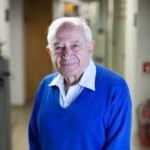 Dr. Raphael Mechoulam, the iconic Israeli researcher who discovered tetrahydrocannabinol (THC) in 1964, and whose lab discovered the first endocannabinoid anandamide in 1992, strongly suggests that such trials “should be planned and undertaken as soon as possible.”
Dr. Raphael Mechoulam, the iconic Israeli researcher who discovered tetrahydrocannabinol (THC) in 1964, and whose lab discovered the first endocannabinoid anandamide in 1992, strongly suggests that such trials “should be planned and undertaken as soon as possible.”
Dr. Sunil Aggarwal, a 2014–15 Clinical Fellow in Hospice and Palliative Medicine at the National Institutes of Health Clinical Center, joins this call for research.
Palliative Medicine at the National Institutes of Health Clinical Center, joins this call for research.
“For the good of the human race, we ask these powerful individuals, who have shown their dedication to easing human suffering, to step up and help fund these clinical trials and for government to facilitate this important research,” implored Malanca.
For more on this topic, please contact United Patients Group at 415-524-8099



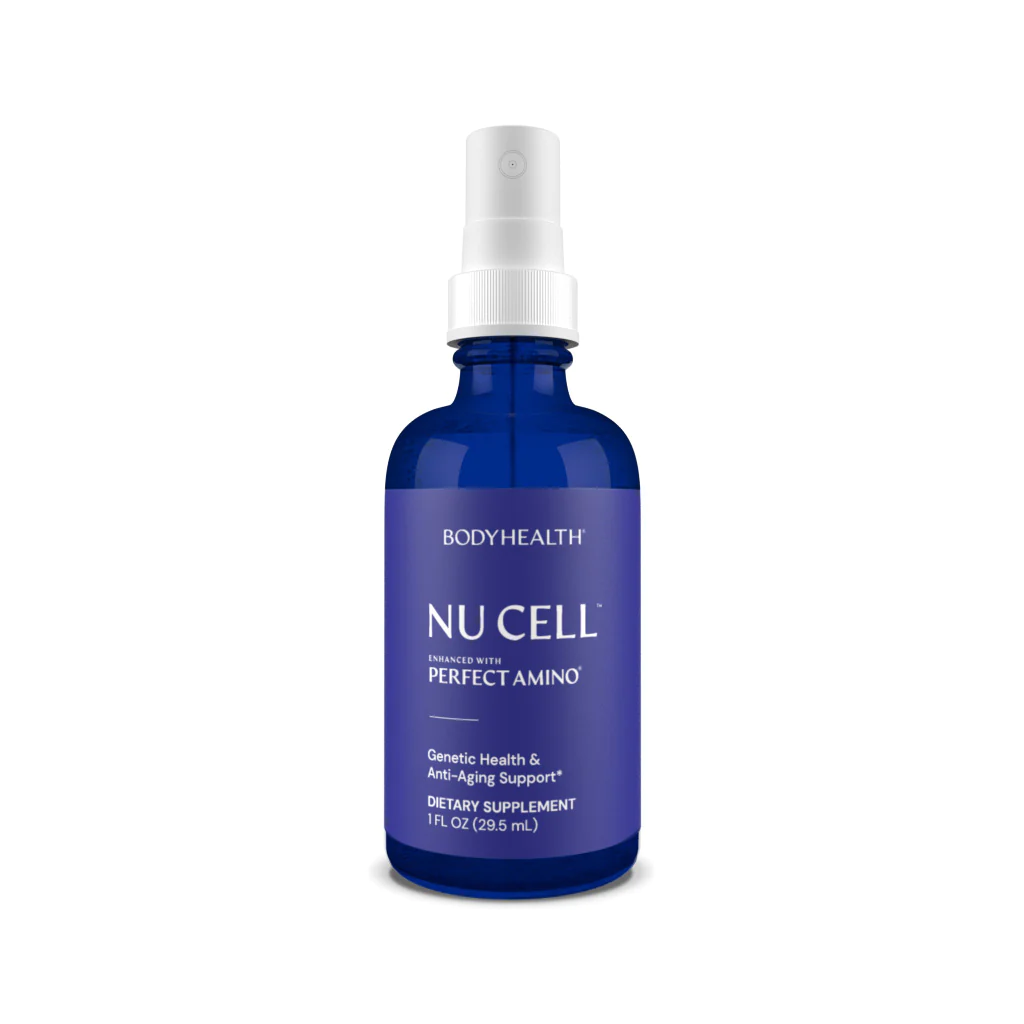










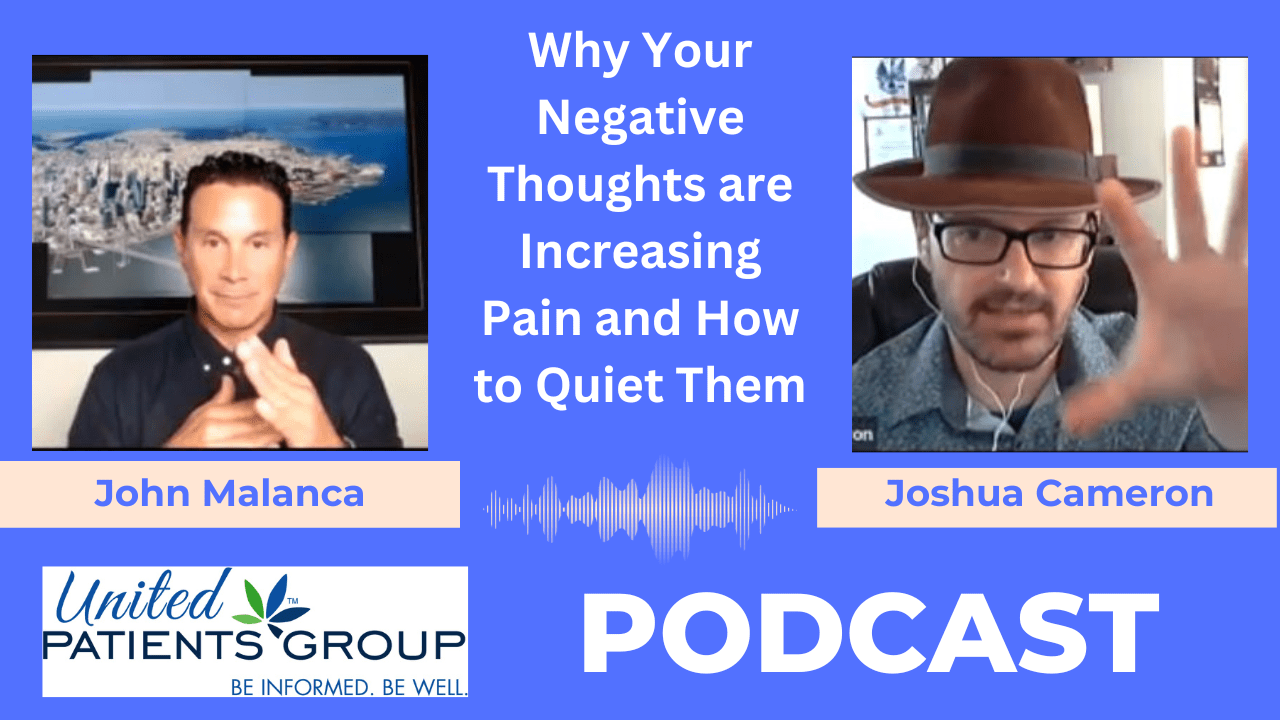
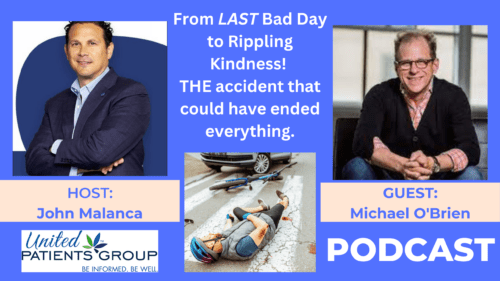
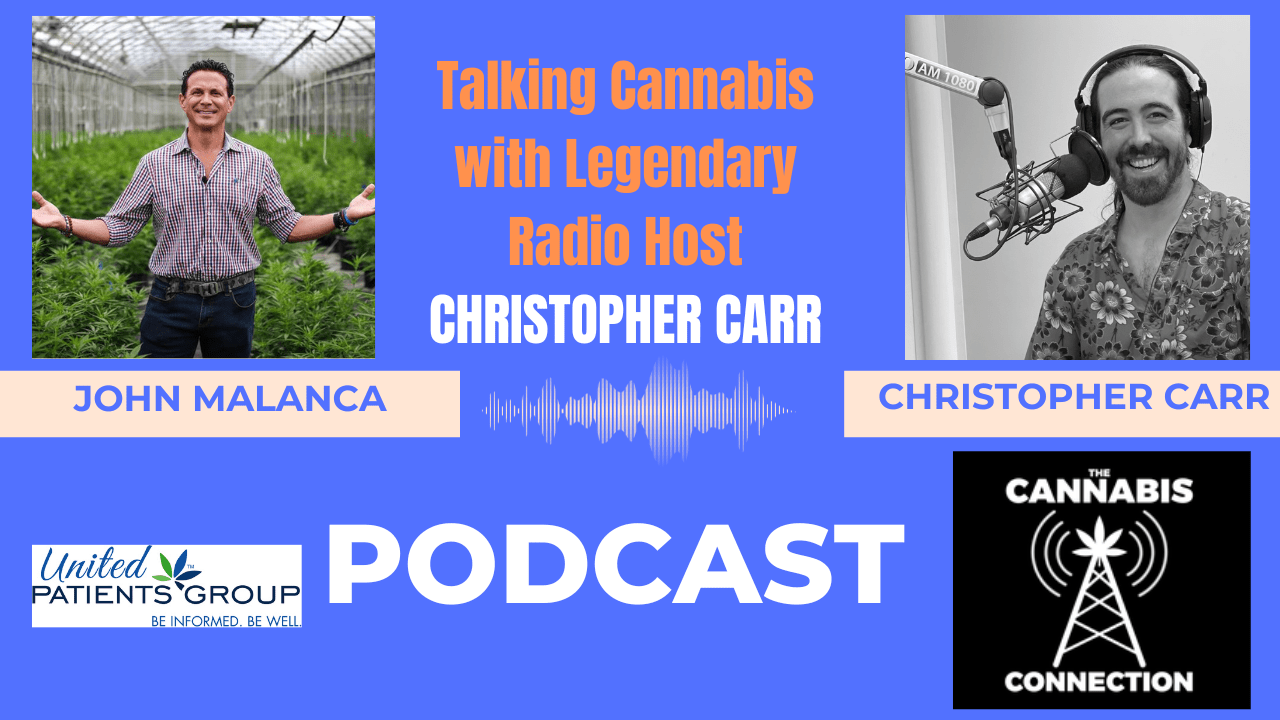


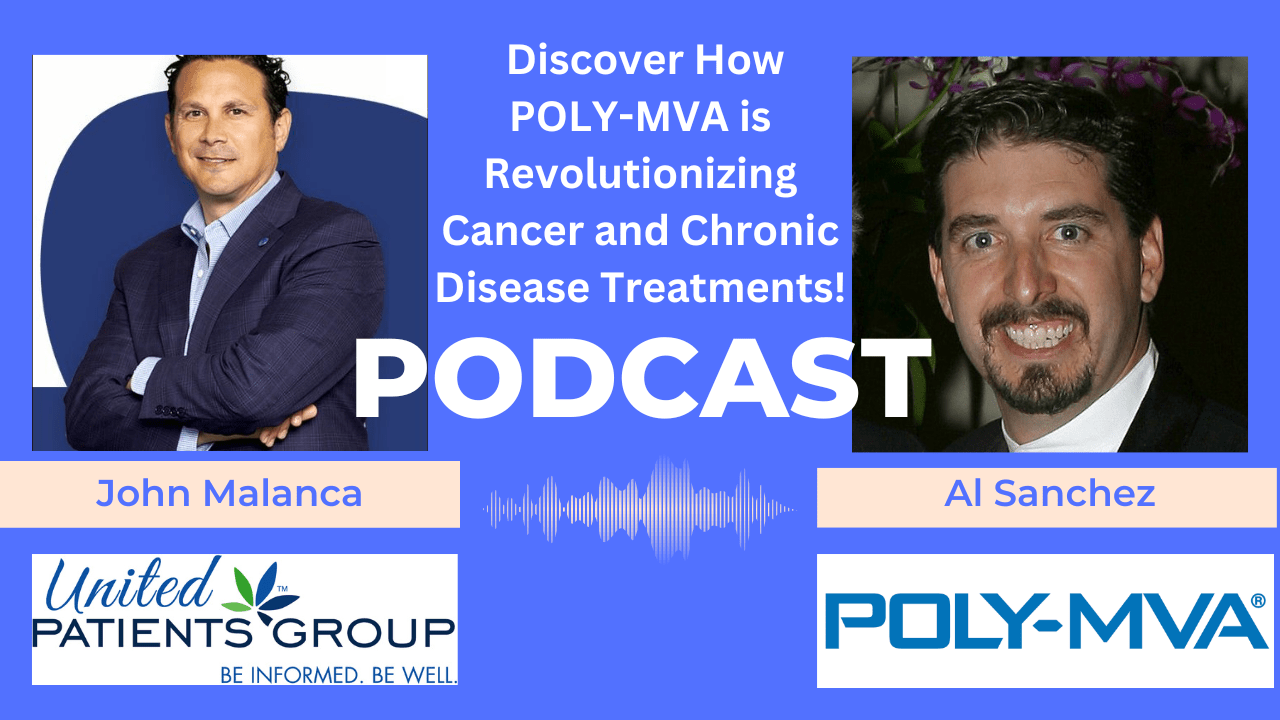


















Nice article! Cannabis has so many benefits & is in the same class as heroin? Many could really be helped that are suffering & have tried other meds or therapies.
Thank you Sergio!
Funny we in Canada have known this as a cure for cancer for a very long time take for instant’s Run From the Cure, Documentary about Hemp Oil, Cancer Cure they don’t want you to know about. So yes cancer can be cured, but the governments won’t let it be. because they are stupid, I will be 70 this June and I smoke Hemp.
We love your spirit Robert! Keep spreading the word as people just need to educate themselves.
Thank you for your note.
Cheers!
~UPG
I am in Canada and have been making cannabis oils, tinctures etc for over three years. I have provided my products to people suffering from a wide range of conditions e.g. various cancers, MS, Parkinson’s, debilitating pain from injuries and so on. I can control dosing very accurately and the results have been tremendously positive. Extracts are the only way to go but we are lacking legal approval here, thus making us criminals. Progress is being made and I hope to see the legal issue rectified in the next few years. Meanwhile, crazy as it is, we have to stay under the radar.
Martin, We are forever thankful for people like you! Keep up the good work! YOU are making a difference!
All the best,
~Corinne
is it possible for to find or make cannabis oil urgently for my sister which needs urgently cannabis oil
Hello Paul,
It is possible to make your own oil. Of course it will depend on if you can buy raw cannabis locally or not. I have attached a video for you below that explains how to make cannabis oil. Let us know if you have any other questions.
Kind regards,
The UPG Team
https://www.youtube.com/watch?v=2TRc99VhHRY
Where is Canada? Our son with Lyme Disease and PANDAS has been approved for mmj and would love to consult. We are from Toronto Ontario.
Steph
I have been suffering from Colon cancer lungs with metastasis to other part of my body. Ever since the discovery of this diseases, my entire life have been depressed and emotional down, it was a Death roll Sentence on my life,but still I honor you all for your prayers and concern toward my life and my family and I earnestly pray for God to be with you all, i also use the medium to thanks to the Dr who God has sent to help me cure this unimaginable,
terrible and horrible illness called cancer.
Knowing that i had colon cancer with met to some part of my body break my heart and make me lifeless, My family have never knew true peace ever since the diagnose of this disease and period given to live. My wife heard that Hemp Oil could help, and for the price the entire family was strong in faith and willing to try anything that would save my Life, I have completed the treatment regime with total eradication of the disease from all parts of my
body.
my father has been suffering from thyroid cancer which was confirmed to be stage four, the doctor told me there was little he could do since he wasn’t responding to treatment but my friend came to our rescue by ordering this hemp oil from John Festus medicals which he said has been helping some patient fight against cancer of various types so we decided to give it a chance, so far my wife is improving perfectly very well and presently he can walk around the house all by himself. I felt its necessary i let others who are suffering from this acute disease that once you have a good hemp oil it can really give one a sound second chance of living.